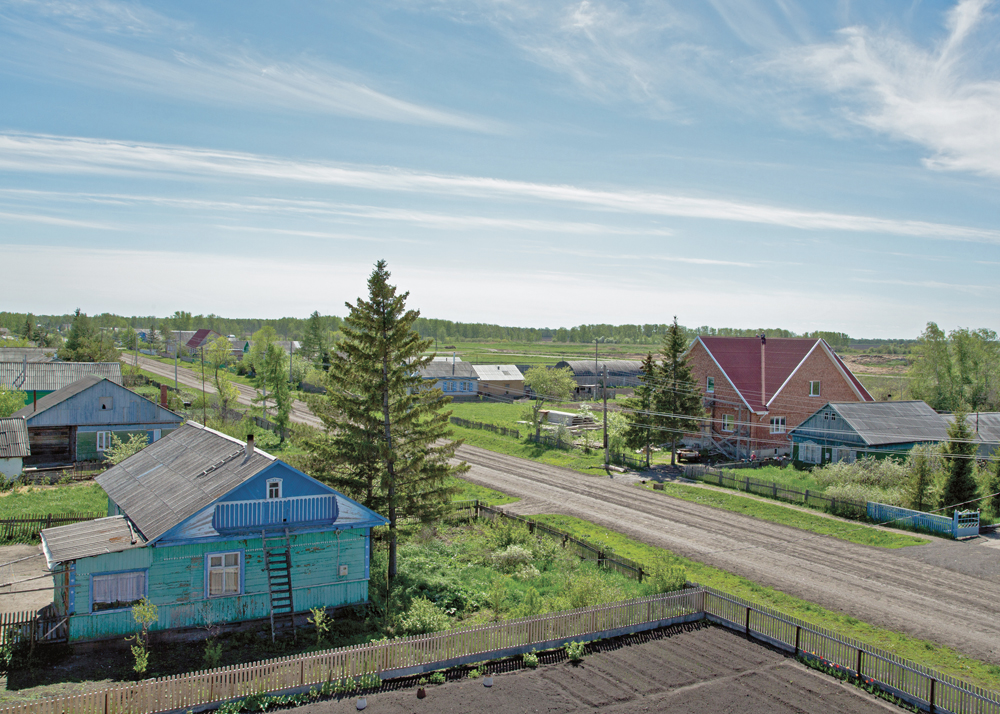
As a young girl, photographer Mika Sperling, a recipient of the TIME award at the 2015 Eddie Adams Workshop, visited a Russian Mennonite Sunday school in Darmstadt, which she attended until the age of 13. She remembers the pattern of the cushioned benches and the soundproof children rooms, where mothers would sit with their little ones during church service. Years later, she returned to a similar chapel with a camera and the idea for what would become a two-year project capturing these families in Russia, Germany and Canada.
The series, Brothers and Sisters, was among the finalists of the 2015 LensCulture Portrait Awards. It captures quiet scenes of daily life that shed light on the nuances of Mennonite culture: a young girl slumps into a chair with her doll, waiting for lunch; a mother of eight brings her daughter a homemade skirt; a congregation of women donning colorful clothes with braided hair stand and sing at a youth festival. The images explore Sperling’s relationship with members of the community and the barriers, fears and hopes they carry for one another.
Russian Mennonites are descendants of German-Dutch Anabaptists who established colonies in the south west of the Russian Empire, present-day Ukraine, in the 1790s. While they resided in Russia after the split from Germany, the nearly 200,000 Russian Mennonites today are German by tradition, ethnicity and nationality.
They speak Low-German among each other, usually have big families with up to 10 children, and spend a lot of time preparing food together for huge family gatherings on public holidays or birthday anniversaries. Volleyball is the most popular sport in the Russian Mennonite Community, which many young people meet up to play. Their history is important to them and they have the saying, “if two Russian Mennonites meet for the first time and talk longer than ten minutes they will find out how they are related to each other instantly.”
As a descendant with four sisters who are active members (two of which she photographed), the project was very personal for Sperling, who spent six weeks with a childless Russian Mennonite couple in Solnzevka and Petrovka, Omsk Oblast, where she began to capture their daily life. She found the community to be very welcoming, and soon the whole village knew who she was and what she was doing.
Sperling’s work focuses on families, communities, social phenomenons and isolated places. In August, she followed an Italian family in the small village Melissano in the region of Salento, during the Bitume Photofest Art Residency. She captured intimacy within a family that lives together in a house with three generations. Currently, she is photographing a transgender woman in Singapore who is in her early stages of transitioning, documenting the societal and personal struggles she faces. Her work has commonality: they are personally linked to her. “Mainly because it will help me give my best,” she says. “But also because they are able to tell the viewer a secret they did not know before.”
Mika Sperling is a documentary photographer based in Germany.
Rachel Lowry is a writer and contributor for TIME LightBox. Follow her on Twitter and Instagram @rachelllowry.
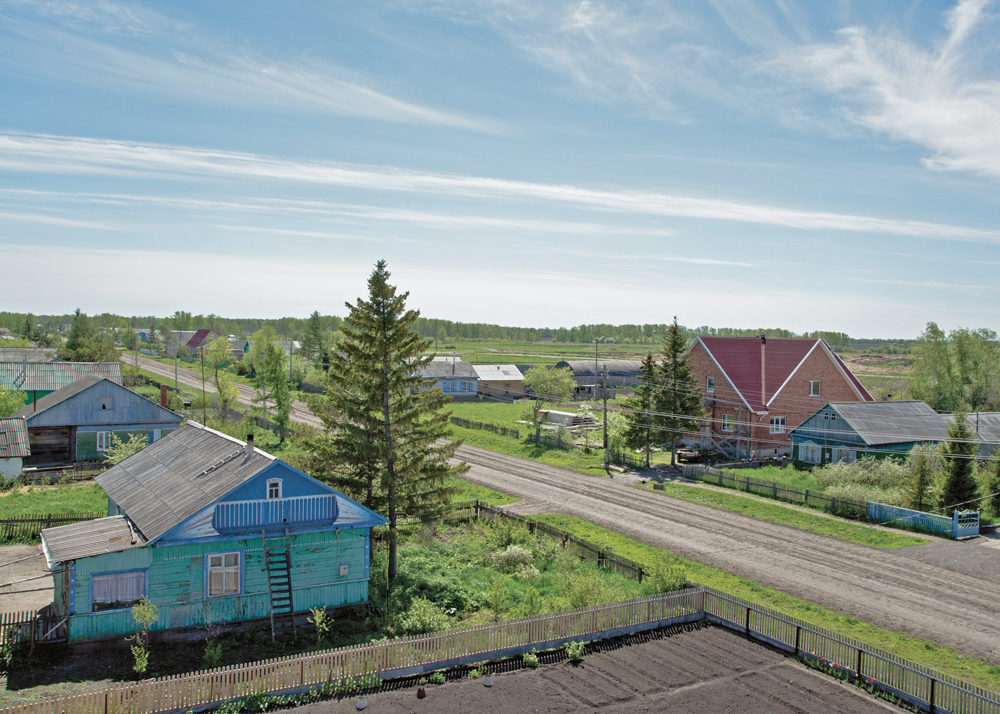
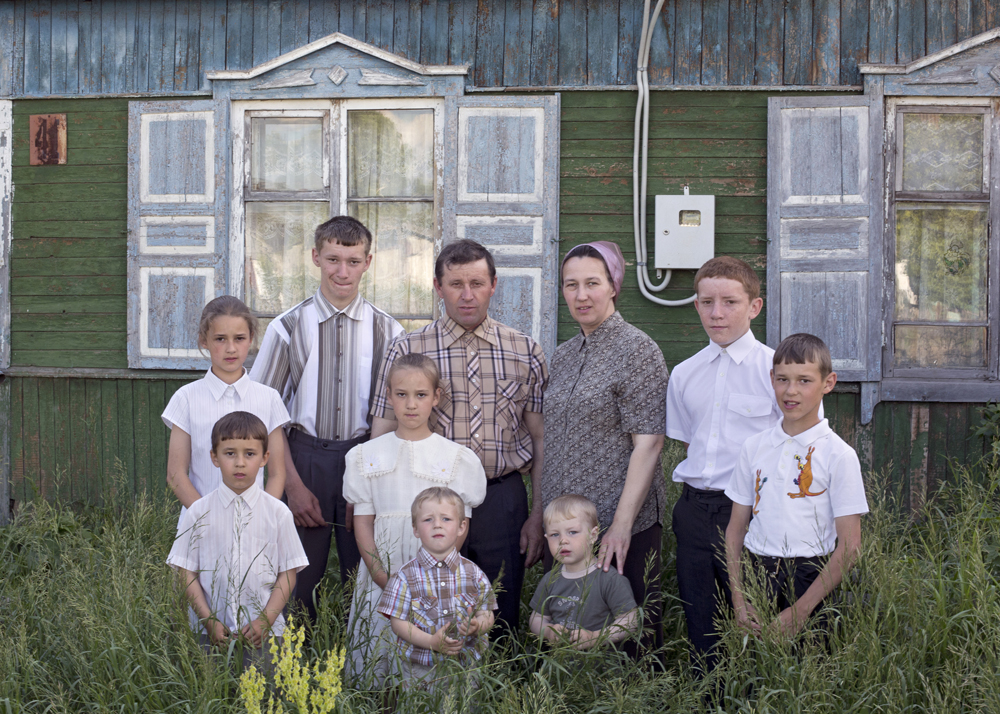
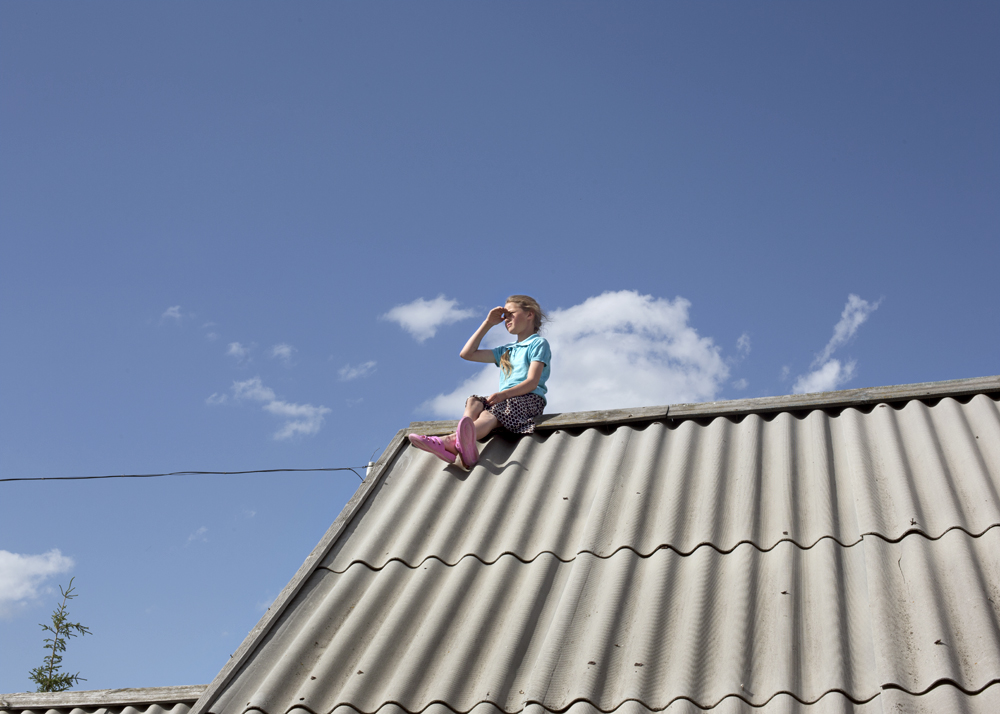
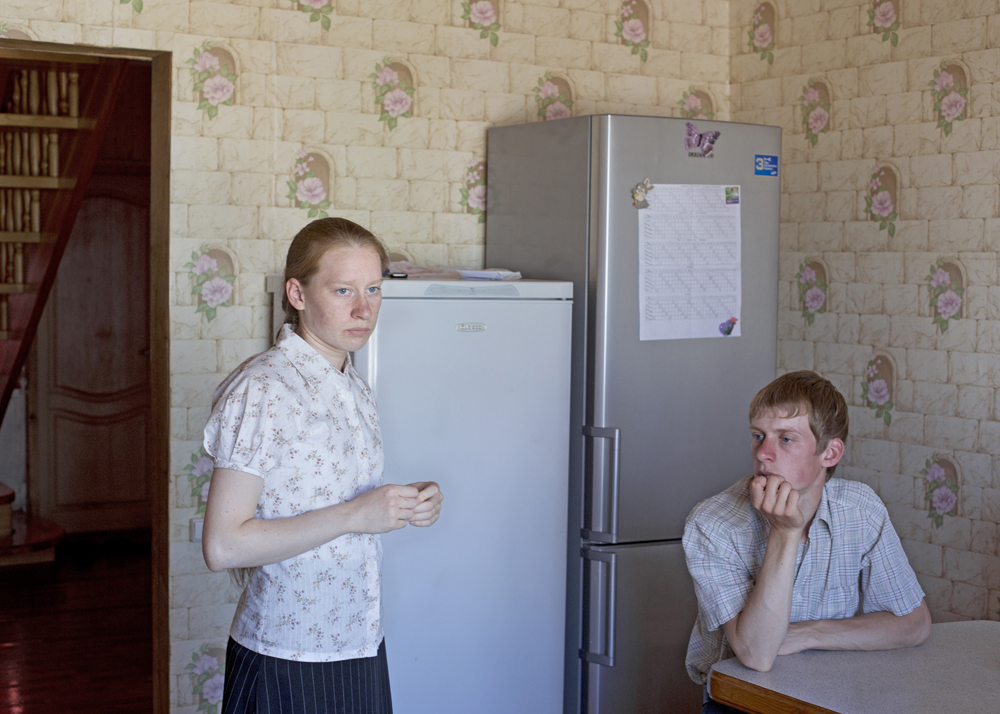
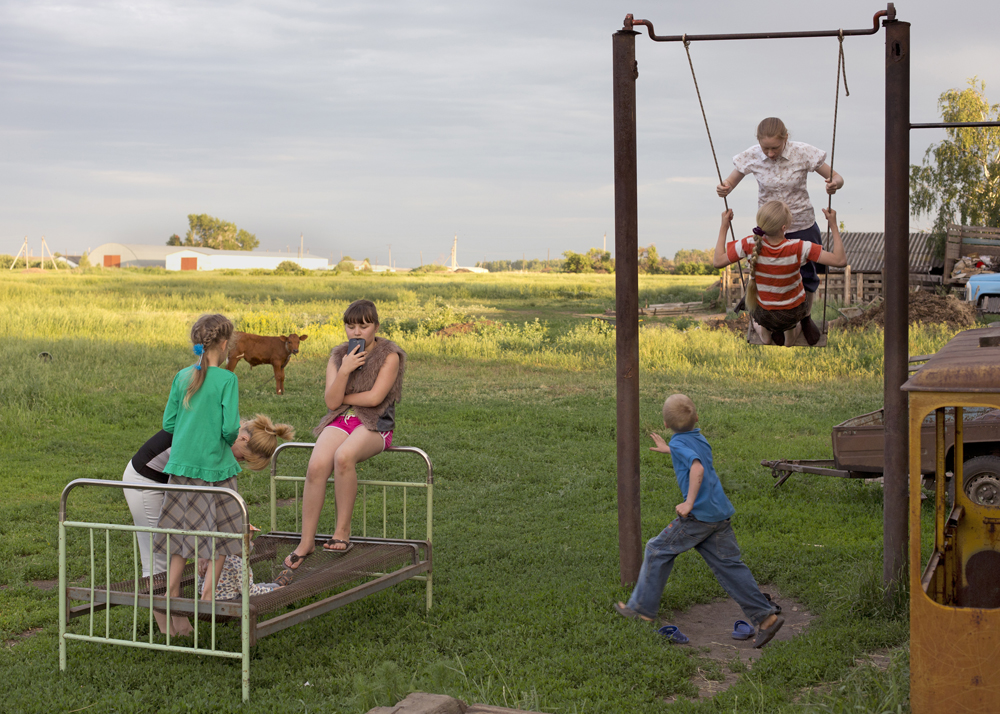

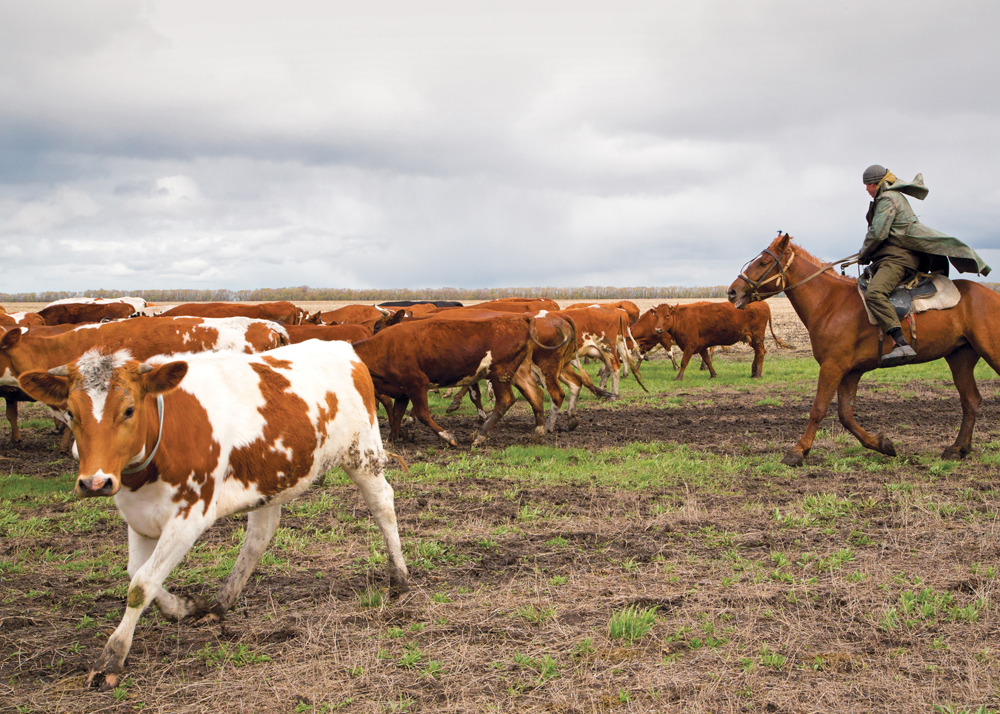
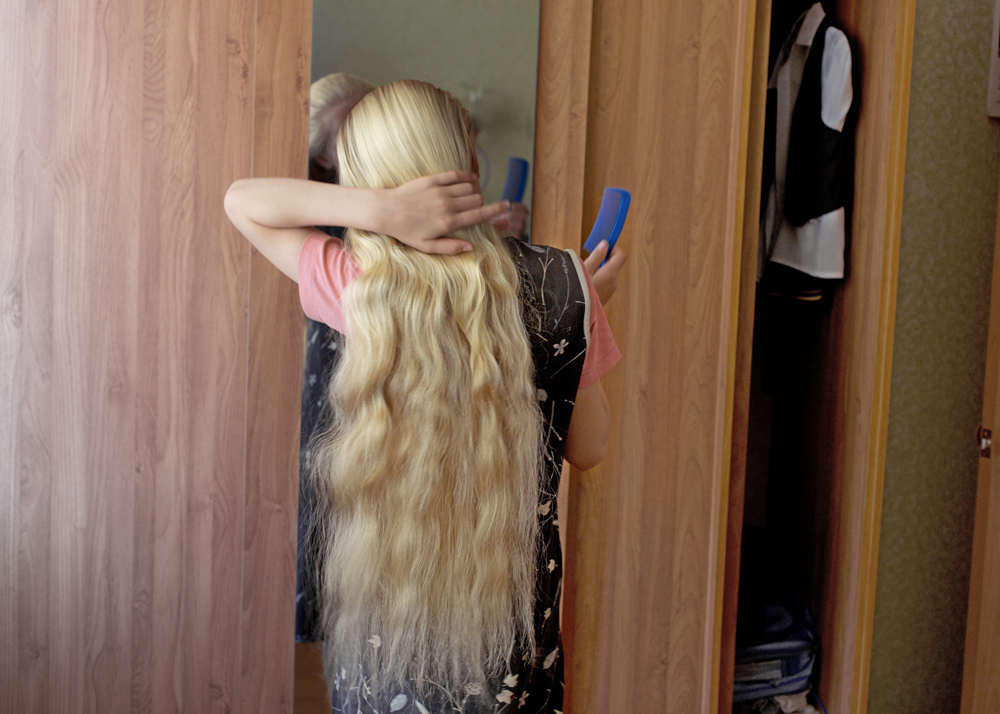
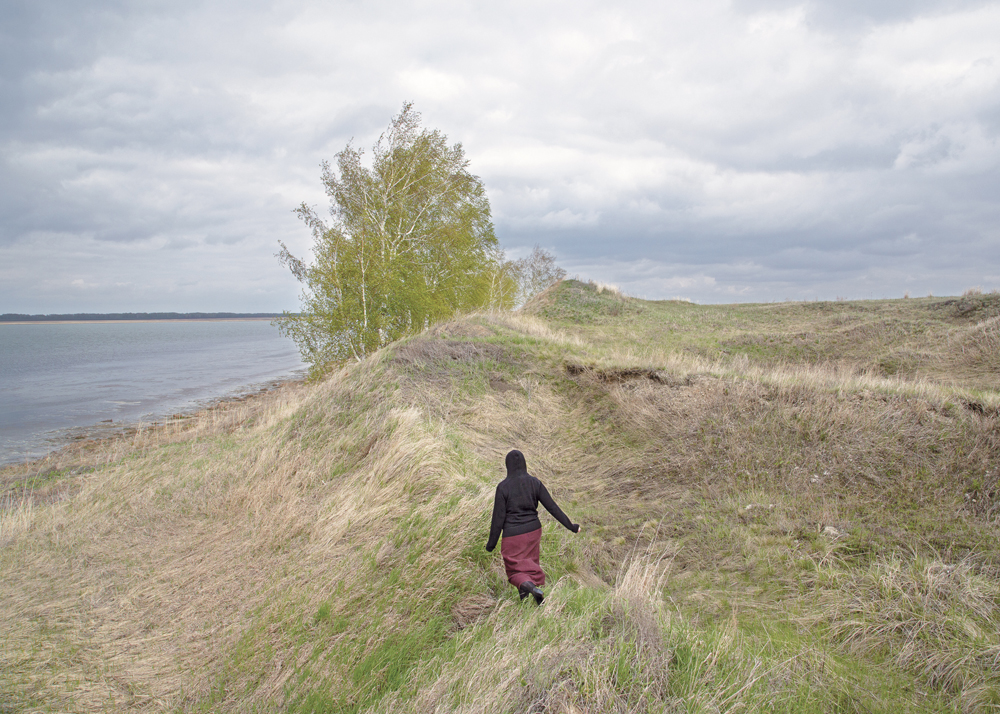
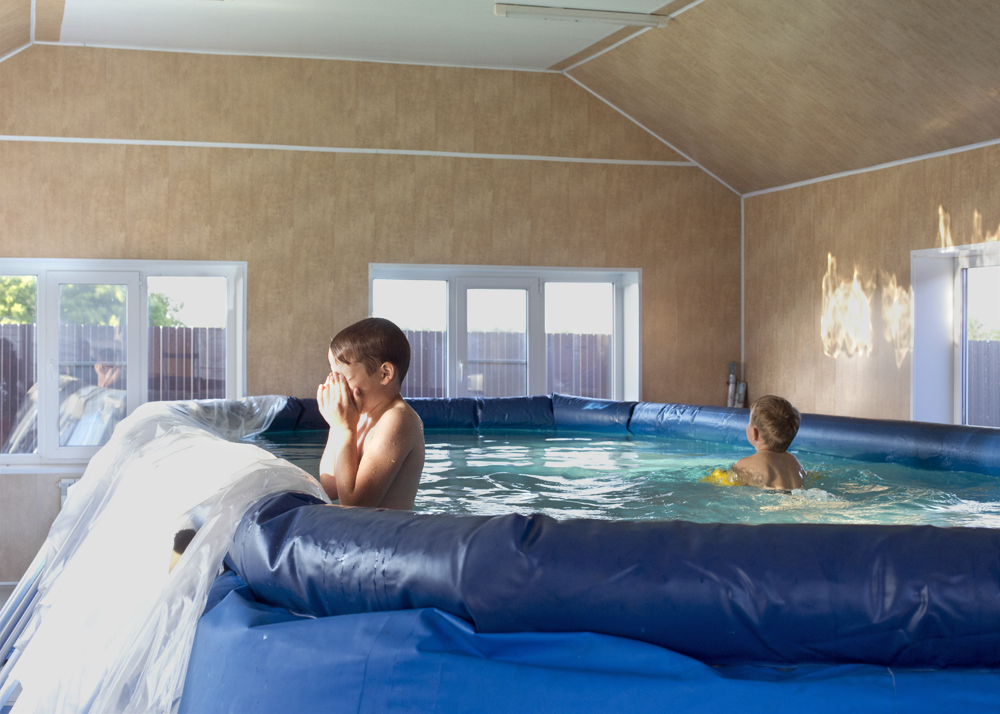
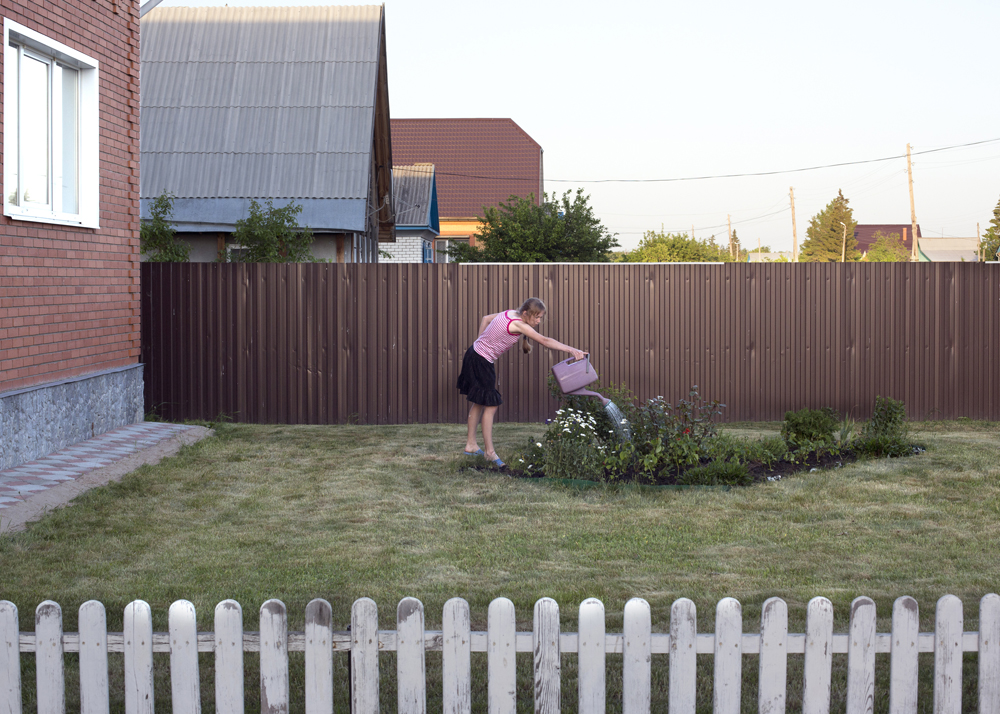
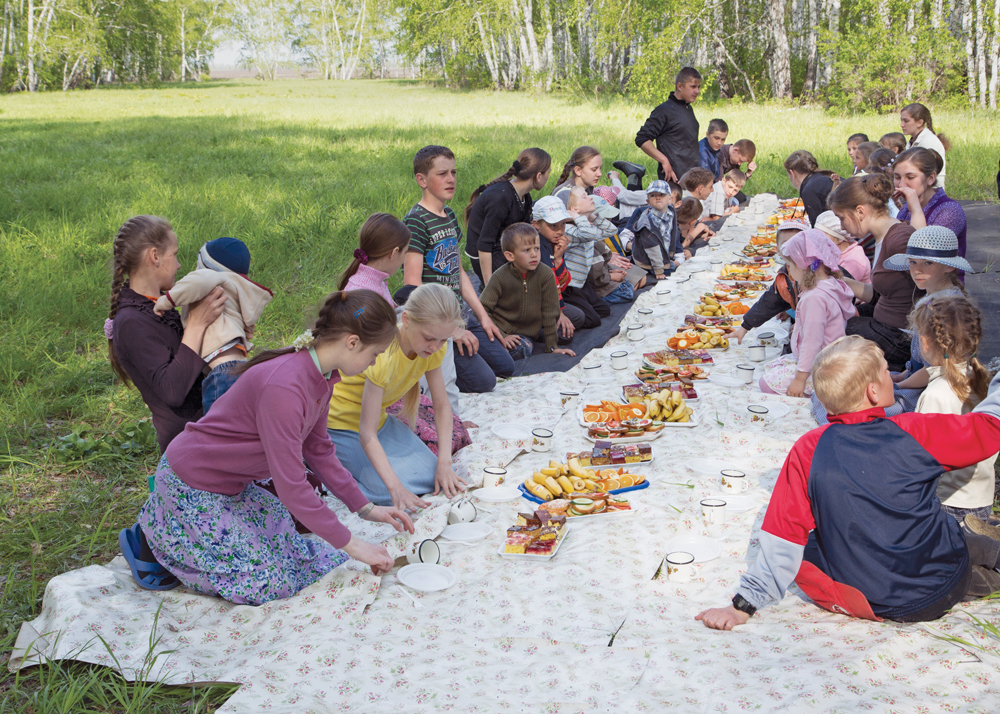
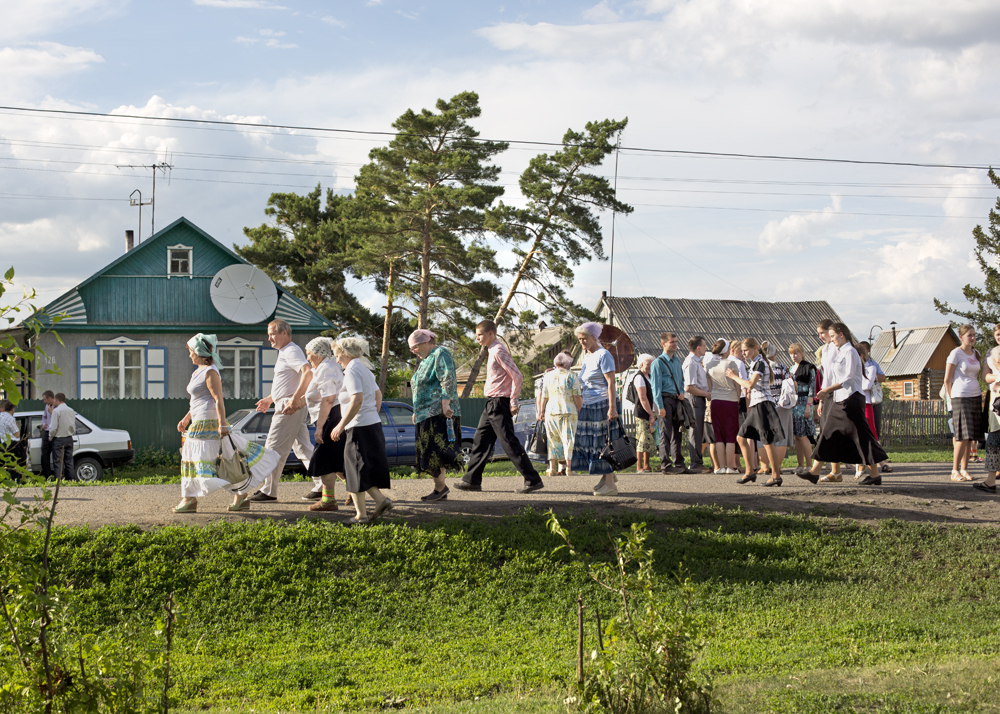
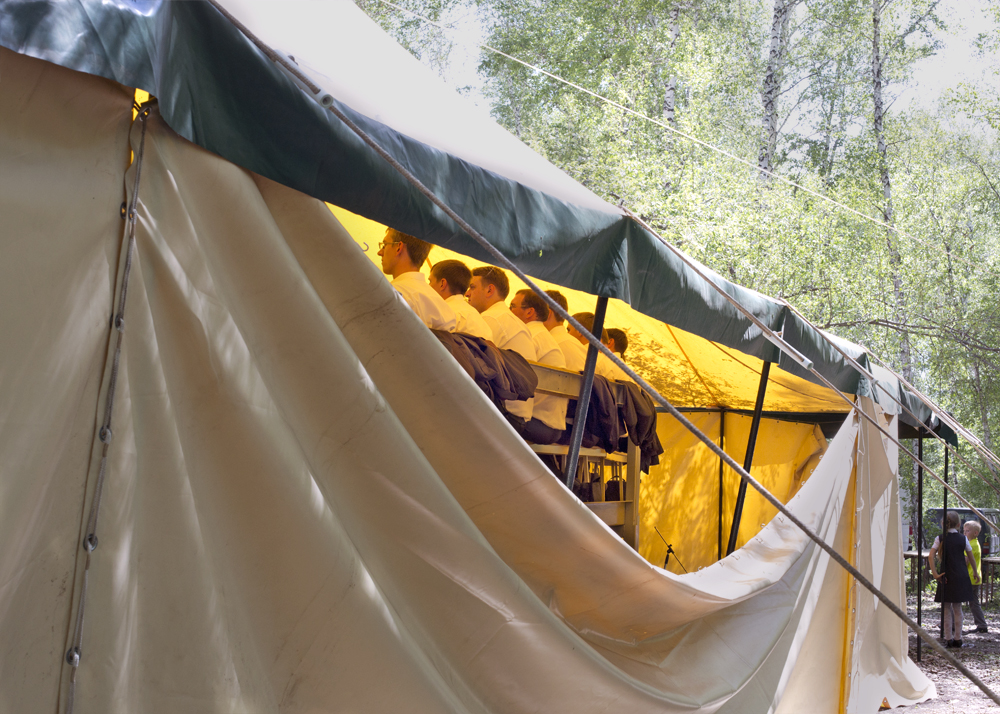
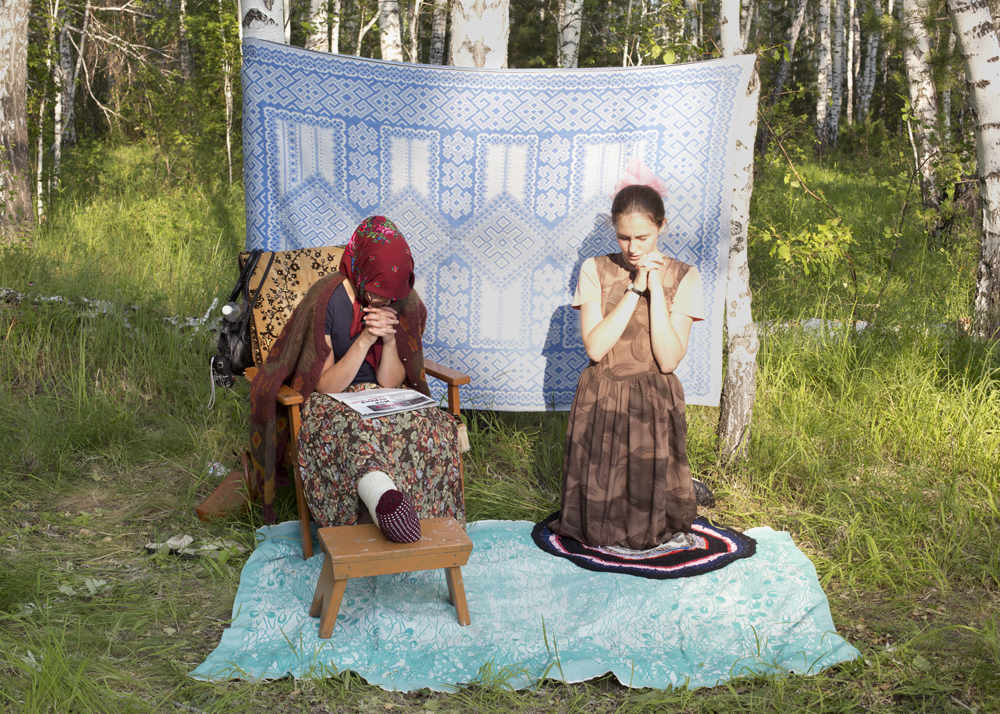
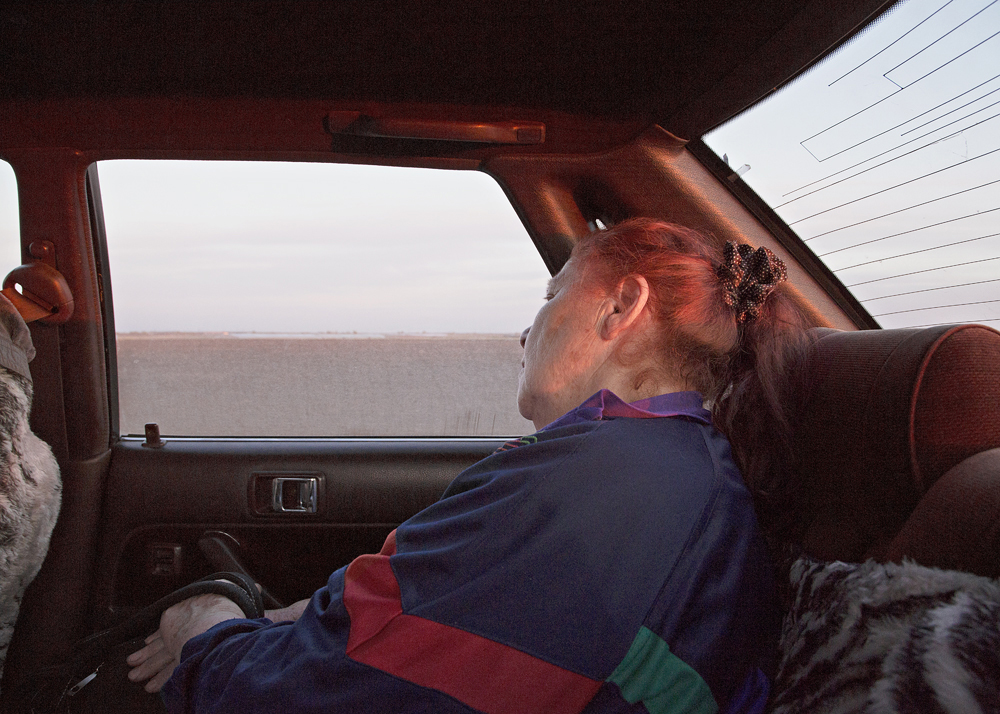
More Must-Reads from TIME
- How Donald Trump Won
- The Best Inventions of 2024
- Why Sleep Is the Key to Living Longer
- Robert Zemeckis Just Wants to Move You
- How to Break 8 Toxic Communication Habits
- Nicola Coughlan Bet on Herself—And Won
- Why Vinegar Is So Good for You
- Meet TIME's Newest Class of Next Generation Leaders
Contact us at letters@time.com